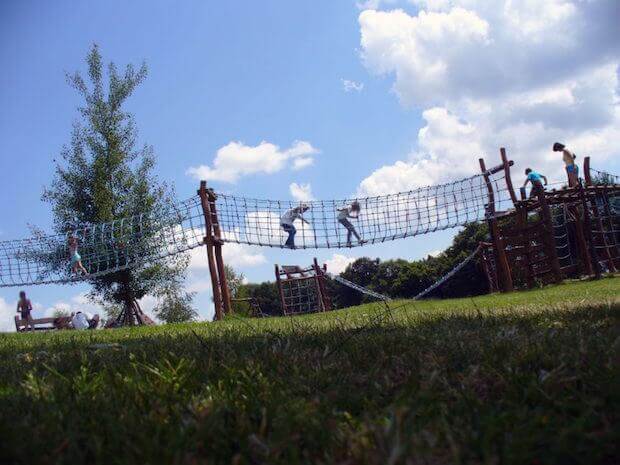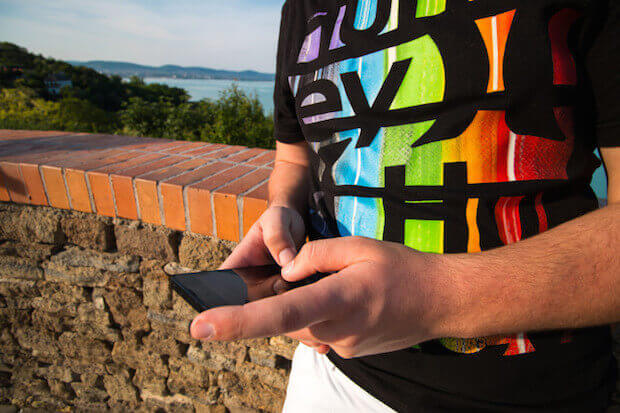
Open education resources (OERs) have become a hot topic since the advent of the World Wide Web. The mass dissemination of information has become the norm with search engines like Google. Not to mention, the extremely cheap and easy ability to publish almost anything online. As we’ve seen, there has since been no shortage of information being passed around the web. Many traditional print publications are also now available in digital format.
We may argue that teachers can now benefit from open education resources because of the Internet.
Of course this has no doubt raised the question of legitimacy. How do we know if what we are reading, watching or listening to on the Internet has any credibility? It’s a valid question, but it has not become a stumbling block for those who have sought to use the tool of the Internet to distribute education for as close-to-free as possible.
Instead we have official universities and educational organizations gaining popularity for offering free learning material online. These are being coined as open educational resources, although the term is becoming intermixed with other similar words and references, sometimes incorrectly.
We now see the promotion of using these free education materials – even modifying and reinventing them – for ‘real’ classrooms.
For example MIT puts much of its course material online for free. Yes, free! And, in Canada, BC Campus is actively encouraging educators to use freely distributed material for its classes.
Clearly, a positive-minded trend towards free course material has taken hold.
The benefits of open education resources (OERs) for teachers
But why go through this all trouble to make learning material free? Hasn’t the ‘textbook system’ in universities been working fine all these years?
Well, not all educators believe that the textbooks and traditional limitations of course materials are working well enough for today’s information age.
One article puts it succinctly by saying:
Education is essential to advancing society. It’s how we pass down the wealth of human knowledge and equip the next generation of leaders, innovators and productive members of society.
…Expanding educational opportunities is more possible now than it has ever been before.
…However, our systems for sharing information in education have not caught up with the potential of 21st century technology.
The article states that copyright restrictions make it hard to access traditional course materials. Other sources with it explain that open educational resources help reduce the cost of textbooks for students. This may be a barrier to entry for accessing full educational experiences at school.
Open educational resources reduce the cost of keeping up with education standards
The other argument put forward online is that OERs help teachers too, not just students or those wanting to learn. When teachers have material available to them that they otherwise couldn’t get a hold of, they can then enhance the product of their own courses.
And, in some cases, the costs of access to research journals are exorbitant, to the point of becoming “irrational.” As this video says, “professors can only teach what they have access to.” And that can be a problem for budget-limited universities, especially in developing countries. (The above-mentioned video also explains that ‘free’ is not meant to ignore the cost equation of producing credible publications, for which other solutions may exist).
The same problem occurs at lower levels of education, such as grade schools that can’t afford to buy new textbooks, and thus continue using outdated material.
Open educational resources encourage collaboration and mutual sharing among teachers
As we saw in our article about iTunes U, platforms for providing free courses online also help teachers collaborate, add-to and improve upon the work of other educators.
One professor mentioned in this article insists on publishing his work under a Creative Commons (CC) license (of which there are different types). He does this because he’s an advocate for what he calls the “open content movement.” He says, “I have greatly benefited from other teachers who have freely shared their materials, and I want to share mine, too.”
As one model of independent open education publishing, the above-mentioned professor’s own free quality course materials on internet programming can be found here. Yes, it’s free material that other professors can use to develop their own courses.
How can teachers use OERs?
Now that we know the benefits of using OERs, it’s natural to ask the next question: how can we use them as educators? We plan to delve into that next week! So stay tuned and bookmark our blog for regular, weekly researched articles in the realm of education and child development.




